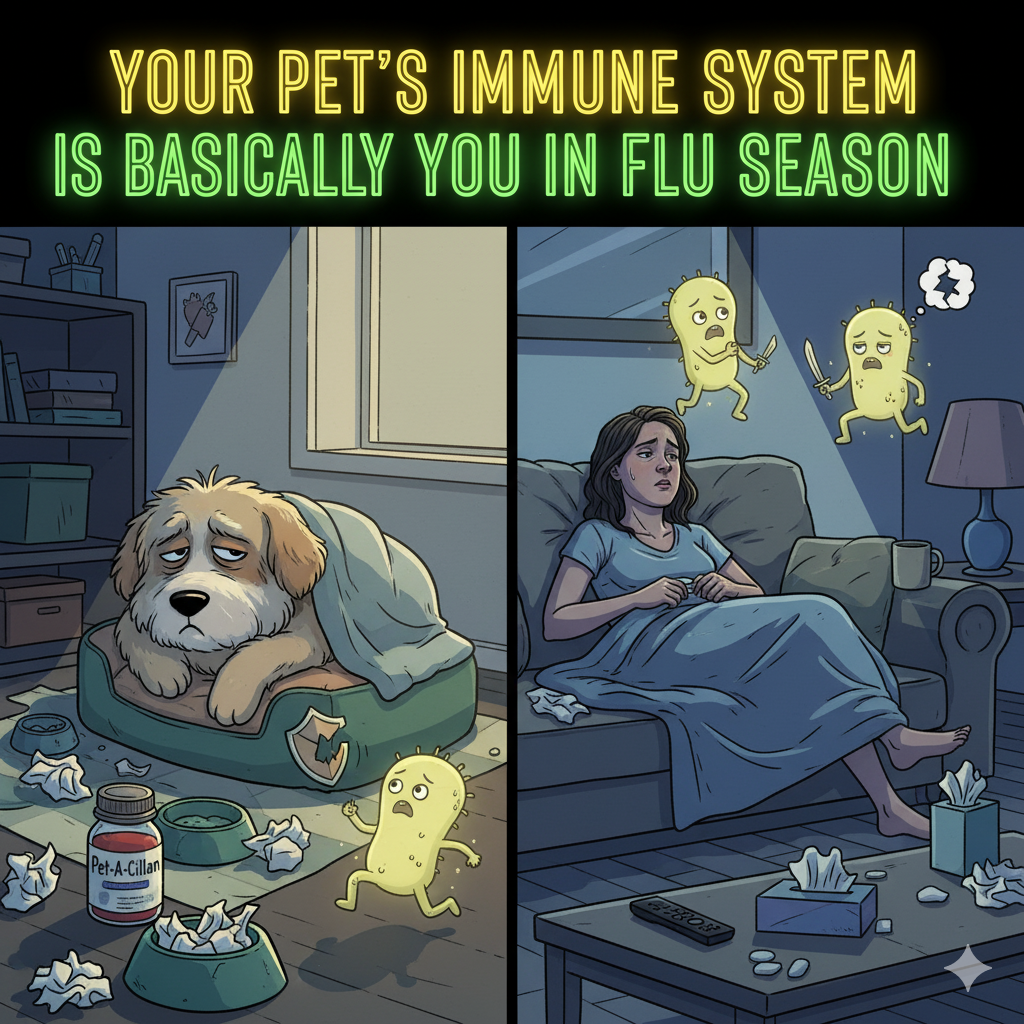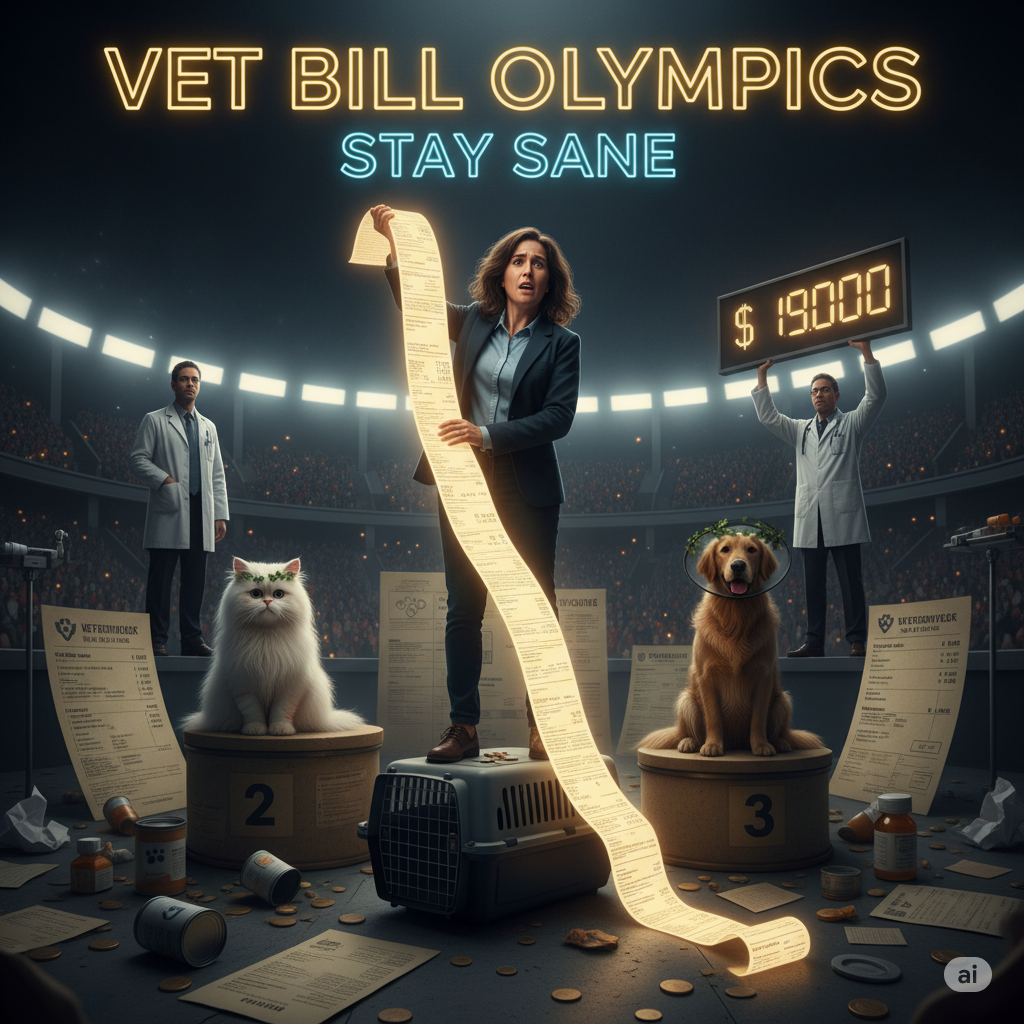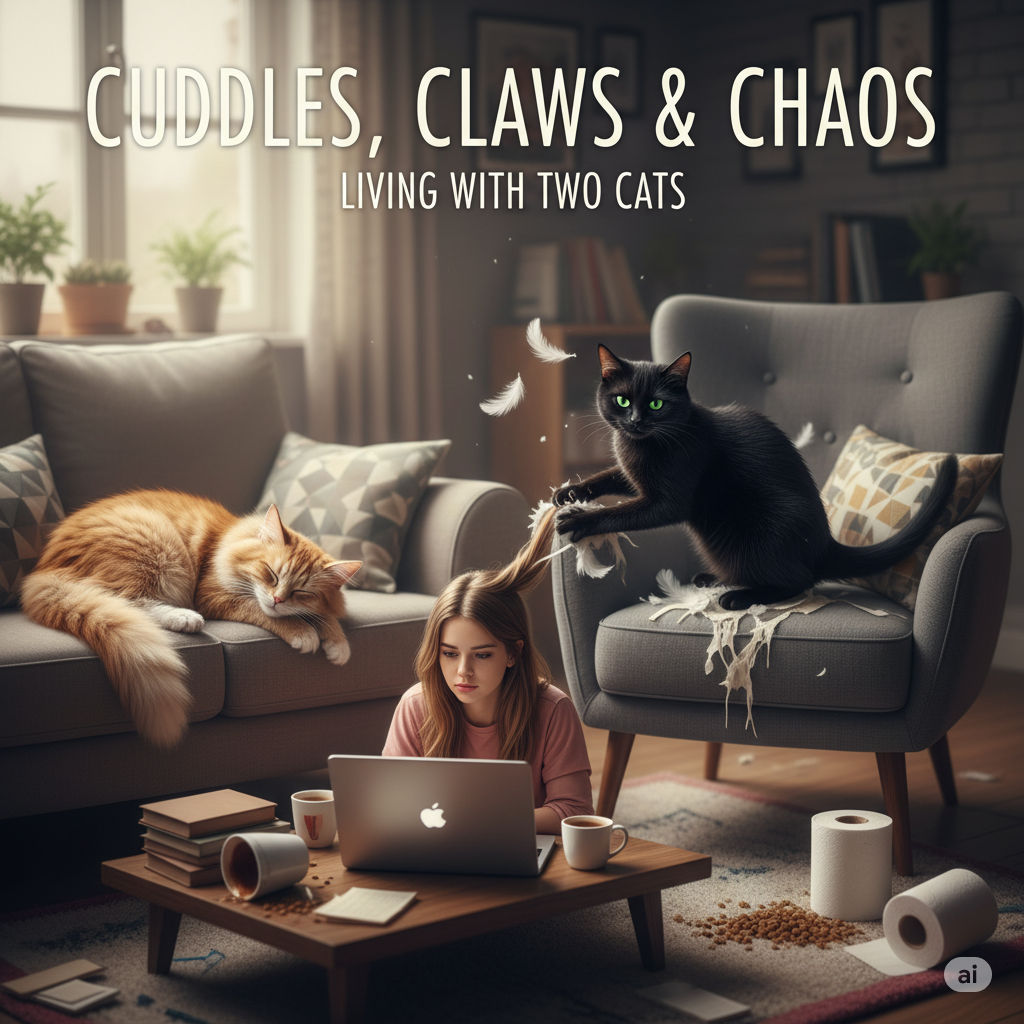When Life Throws You Furballs and Grief
The heartache, the quiet, and the strange sensation that half of your brain has abruptly stopped working are all terrible when you lose a partner. But guess who’s still there, criticizing everything you do and sometimes making you laugh without any grace? Yes, your pet. Your pet will soon serve as your unpaid therapist, regardless of whether you prefer dogs, cats, or “I unintentionally adopted a raccoon.”
The problem is that, in addition to being a widowed person, you are now a single person who must take care of your pet alone and has no one to share the burden with. There is a lot. Nevertheless, there is a certain magic in this chaos—pets offer untidy, erratic, and completely genuine love in addition to filling the void. Welcome to this crazy journey if you’ve found yourself balancing grief and pet hair all at once. For widowed people who are tired, coffee-fueled, and overwhelmed by the most endearing mess in the world, this guide offers brutally honest pet care advice.
Taking Care of Your Saddened Stomach and Their Bottomless Pits at the Same Time
Your pet still worries about the precise time and amount of food you give them, even while grief strikes your hunger like a renegade truck.
The key is routine: Feeding your pet at the same time each day is a ritual that helps you maintain some kind of normalcy, in addition to serving as their sanity check.
Don’t complicate: While fancy meals are lovely, anything that can be opened with one hand, such canned food or dry kibble, counts as a victory in the early stages of bereavement.
They never stop being hungry: Pets cannot comprehend the phrase “I’m sad.” If you skip meals, be prepared with snobbish looks and heart-piercing “feed me” yowls or barks. As an aside, you may end up consuming their delicacies. You’re not alone, so don’t worry. It’s a phenomenon known as “sympathy eating.”
The truth is that you’re nourishing a bond that aids with your mutual healing, not just your pet’s stomach.
Play and Exercise: Activities That Help Two People Get Better
Pet care and grief therapy are essentially combined into one crazy power walk, and exercise isn’t just for your pet’s health.
Dogs are your workout partners for emotional support; a leash equals responsibility. You will walk whether you like it or not. Maybe three times a day.
Cats? Tossing a toy or dangling a feather wand could improve your mood more than theirs, but they prefer selective engagement.
Recall little joy: it can be strangely soothing to watch a bunny wiggle its nose, consume CBD goodies, or have slow snuggle sessions.
Important realization: You can accommodate both your grief and your dog’s zoomies by moving with them at the same time.
Indeed, the occasional stumble on the leash that is worthy of a TikTok video is just added fun.
Managing the Bills and the Guilt During Veterinary Visits and Medication
Vet appointments may be neglected due to “grief brain,” but these medical emergencies are vital. You’re juggling caregiving with your own emotional weariness and occasionally guilt. Make time for those immunizations and examinations. Don’t skip since your pet’s health keeps you both anchored.
Managing your medication may become too much to handle, but if your memory is impaired, think about using pill organizers or phone reminders.
Stress related to money? Vet costs are painful. To make things easier, ask your veterinarian about community care programs, pet insurance, or payment arrangements. As an aside, discuss your loss with your veterinarian; they may also be able to provide emotional support or suggest pet therapy groups, which, strangely enough, do exist.
Fact: Being human does not mean that you are failing your pet. It’s more than sufficient that you’re learning how to provide care while experiencing sadness.
Emotional Bond: Your Sessions of Mutual Therapy
The person you lost cannot be replaced by a pet, and neither can they. However, they do offer a gentle form of affection that soothes broken hearts.
Unless you’re crying close to their food, in which case they will undoubtedly pass judgment, they will sit with you in grief and allow you to mourn without passing judgment. Accept the strange times, such as when your cat curls up on your keyboard after a stressful day of Zoom calls or when your dog senses your mood and abruptly refuses to leave your side. Don’t rush relationships or bereavement. It’s acceptable to have “off” days when your entire world consists of the couch and the blanket covered in your pet’s fur.
Sincere reminder: Your pet serves as both a fulcrum and a gentle reminder to continue living.

Useful Advice to Hold It Together (Mostly)
The details of handling sadness and taking care of your pet without going insane are as follows: To prevent Amazon panics at night, automate food orders.
You’ll thank yourself if you use calendar alerts for medication and grooming. You never know, so keep emergency contacts for veterinarians and pet caregivers close at hand.
Accept assistance; on difficult days, neighbors, friends, or family might step in for company or walks.
Additionally, keep extra Stash tea or your preferred caffeine source close at hand. In conclusion, you’re actually doing better than you realize.
Final Thoughts
Look, managing sadness while caring for a pet is messy, draining, and occasionally dangerous, much like balancing blazing chainsaws during a tornado. However, every meal you prepare, every stroll you take, and every hug you share is a lifeline you’re giving to both you and your pet.
Congratulations if you’ve finished this guide; even though it seems impossible, you’re showing up. Whether your pet serves as your greatest friend, temporary therapist, or motivation to get out of bed, you’re doing the damn thing rather than just getting by.
So give that pet a hug, drink a lot of coffee, and keep in mind that you’re never alone in this craziness.





